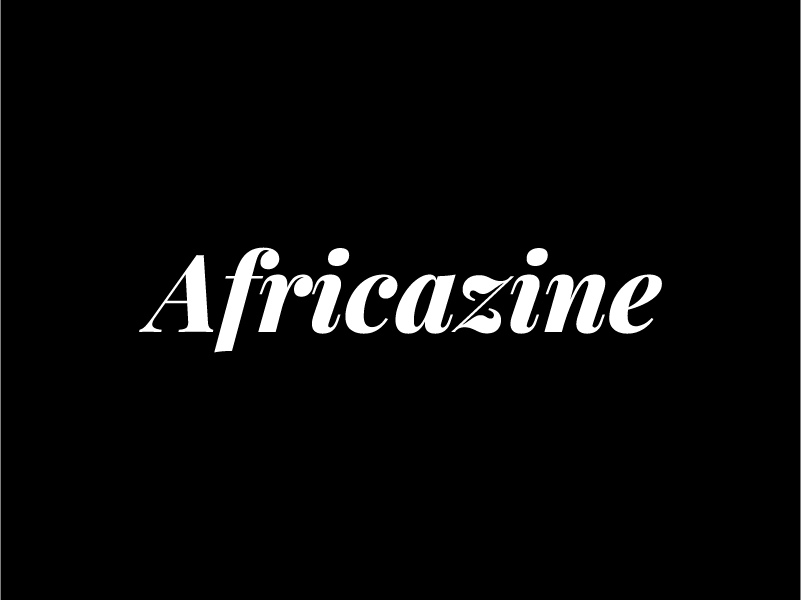On Tuesday, the atmosphere at the annual policy meeting organized by the Joint Admissions and Matriculation Board (JAMB) was charged with discussions about the future of higher education in Nigeria. The heads of universities gathered to establish the minimum admission benchmark for the upcoming 2025 academic year, and the consensus landed at a score of 150 marks in the Unified Tertiary and Matriculation Examination (UTME), according to Africazine.
This decision means that no student can gain admission to any Nigerian university with a UTME score lower than 150, effectively setting a standard aimed at improving the quality of education and ensuring that incoming students have a firm foundation for higher learning. Notably, while the general benchmark sits at 150, several renowned institutions, including the University of Ibadan, Pan-Atlantic University, and the University of Lagos, are taking a more selective approach by establishing their minimum score requirements at 200. This indicates a push among top-tier universities to attract only the most academically prepared candidates.
Interestingly, the shift does not stop there. Some newly established private universities have set out to tailor their admission criteria even further, proposing benchmarks as low as 120. This divergence in admission standards highlights the diverse educational landscape in Nigeria, characterized by both ambitious private institutions seeking to expand access and established universities aiming to uphold rigorous academic standards.
Prof. Ishaq Oloyede, the Registrar of JAMB, also weighed in with a recommendation of 160 marks as a potential minimum benchmark. His call for a higher threshold reflects a broader trend towards raising academic expectations in Nigeria’s higher education system, encouraging students to excel in their studies to prepare for a rapidly changing job market.
As discussions continue about the final parameters for the 2025 admissions, stakeholders across the educational spectrum are eager to see how these benchmarks will influence student performance and university enrollment patterns in the months ahead.
In the landscape of Nigerian education, finding the balance between accessibility and quality is crucial, and this year’s decisions could set important precedents for future admissions policies. As we await further announcements, it remains clear that Nigeria is committed to crafting an educational environment that promotes excellence while still providing opportunities for students from all backgrounds.
Stay tuned for updates on this evolving story as the world of education in Nigeria continues to dynamically change!
#Nigeria #Education #Politics #WorldNews



